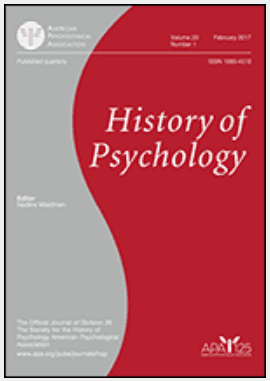
The history of the psychology of eyewitness testimony cannot be adequately understood without taking the respective legal systems, that is inquisitorial versus adversarial system, into account. Across all periods, questions regarding the accuracy of testimony, its suggestibility, and intentional distortions in false accusations become apparent. We describe the history of the experimental psychology of testimony in Germany from the beginning of the 20th century until the time after the second world war. Louis William Stern and Otto Lipmann conceived and established a broad conception of Aussagepsychologie (psychology of report), attracting the collaboration of lawyers, pedagogues, and scholars from other disciplines to conduct laboratory and staged event experiments. They were successful in institutionalizing psychology and law by organizing interdisciplinary conferences, founding a journal, and testifying as experts in court. When appearing as experts, they encountered strong rivalry from psychiatrists. We also sketch some of the problems psychologists in Germany faced during the second world war. In our discussion, we stress the importance of legal, contextual, and sociocultural factors affecting both research outcomes and expert testimony, which appear to be parallel to present-day concerns. (PsycInfo Database Record (c) 2022 APA, all rights reserved)